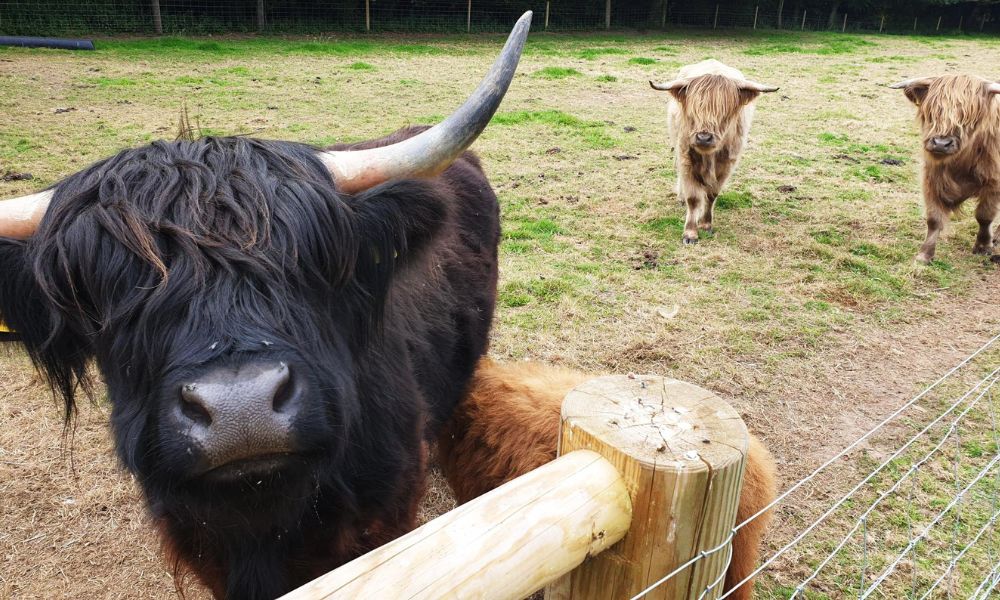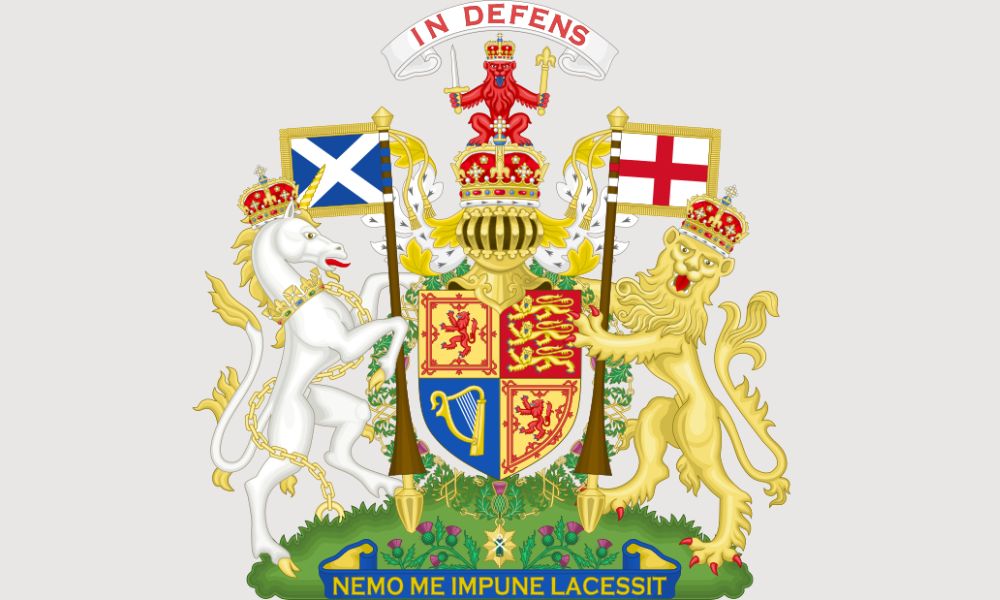Posted by Maris on 1st Apr 2024
10 Ridiculous Scottish Laws You Won’t Believe
Who knew that Scotland has such an odd and antiquated legal past?
We've all heard rumors that it's against the law to parade cows along specific high streets on specific days of the year, but here are some that you won't believe are true.
Guilty, until proven innocent!

Scotland is distinct in that, unless your innocence is established, you are presumed guilty under Scots law. This is due to the fact that, in addition to "guilty" and "not guilty," there is also a third result available at the conclusion of a criminal trial: "not proven." If the verdict is returned "not proven," the jury judged you guilty even though there was insufficient evidence to convict. That's right, you got away with it. MSPs rejected a proposal to do away with the "not proven" verdict in 2016.
Cattle call

Scotland: a drunk managing a cow? That's against the law. Being intoxicated while operating a steam engine, horse, cow, or carriage or while in possession of a loaded pistol is illegal according to the Licensing Act of 1872. Offenders face up to 51 weeks in prison or a £200 fine if found guilty of this offense.

A cludgie caller
You are required by law to let someone who knocks on your door and requests to use the restroom. Although this "law," which is an extension of the ancient Scottish common law mandating hospitality to all visitors, has never been legally approved by parliament, it is nonetheless binding. It brings to mind the times when foot travelers would pass across the territory of nearby clansmen. Hikers and hill walkers around Scotland continue to use it frequently and with widespread acceptance.
Model behaviour

It is forbidden for a boy under the age of ten to witness a naked mannequin in Scotland. Though it's unclear who would be responsible in the case that adolescent corruption occurs—the parents, the store, or maybe the mannequin—this is a clever but humorous parody of laws against it. It goes without saying that no one has ever been accused of this crime.
Cannon ire
To the intentional irritation of a householder, it is most definitely unlawful to fire a cannon within 300 yards of their home. You've been warned in case you truly detest your neighbor and believe that using cannon fire to destroy their tranquility on a Sunday afternoon would be the greatest way to wreck it. Although there haven't been any prosecutions for this offense to yet, it is a violation of section 55 of the Police Act of 1839. Maybe give something a little more understated a try?
Library cards

Playing cards at a library? That is not acceptable. Because of how serious this issue was, a "library offences act" was created in 1898. In addition to outlawing gambling in public libraries, the statute also forbids the use of profanity or offensive language. The maximum penalty for offenses was 40 shillings, about £700 in modern currency.
Dicing with death
It is permissible to kill a Scot from Monday to Saturday inside York's medieval walls, but only if the victim is armed with a bow and arrow. You'll be sorry to hear that this law—along with 817 other antiquated legislation in Britain—was repealed in 2013. If you had intended to benefit from it. While Scottish archers in York can relax, Scots in Carlisle are less fortunate because any Scotsman seen wandering the streets is subject to being whipped or imprisoned.
Slippery customer
In Scotland, it is forbidden to go sea trout and salmon fishing on Sundays. Since Sundays are God's day of rest, this rule has traditionally applied to all fishing. However, the Salmon Fisheries (Scotland) Act of 1862 reinforced this prohibition in contemporary law. "Being found handling a salmon in suspicious circumstances" is a criminal offense as well.
Royal reach

Any whale that washes up on a Scottish beach will inevitably end up with the king's head and the queen's tail. Technically speaking, whales are considered royal fish. Anything longer than twenty-five feet is considered a whale, and in Scotland the Queen is entitled to any whale that is too big to be hauled ashore by a "wain pulled by six oxen." Though another royal fish, sturgeon, is more frequently taken in Scottish waters when this restriction is enforced. Although several sturgeons have been caught and offered to the Queen, she has never asked for one.
Flying The Royal Flag
The Lion Rampant, which is regarded as Scotland's unofficial national flag, is legally and historically the property of a Scottish king or queen. It is illegal to fly this flag anywhere other than on a royal home or with the monarch's consent, according to a 1672 Act of Parliament. When the Queen is not residing, it is flown at either the Palace of Holyroodhouse or Balmoral Castle.

